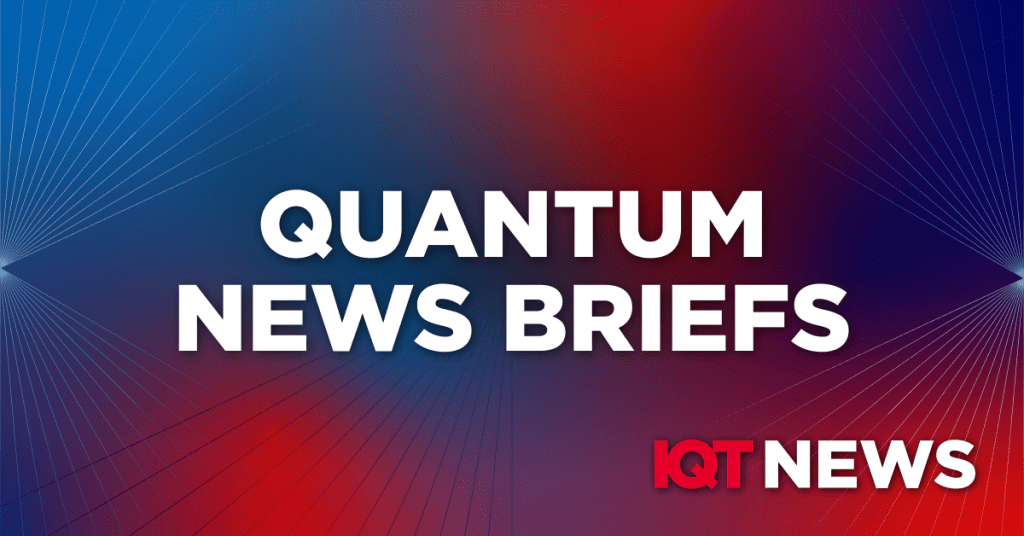News Briefs: Kipu Quantum acquires PlanQK to boost development of industrially relevant quantum solutions
PlanQK , a quantum computing platform successfully built and commercialized by Anaqor AG as per the July 11 news release.
Oxford Ionics sets industry records for two-qubit and single-qubit gate performance demonstrated the highest performing quantum chip in the world, which can be produced at scale in a standard semiconductor fabrication plant according to its July 11 news release .
EuroHPC & AQT sign procurement contract for EuroQCS-Poland quantum computer
European High Performance Computing Joint Undertaking (EuroHPC JU) and AQT, the selected vendor as per the EuroHPC.
Qubit Pharmaceuticals and Sorbonne University reduce number of qubits needed to simulate molecules
Qubit Pharmaceuticals , a deeptech company specializing in the discovery of new drug candidates through molecular simulation and modeling accelerated by hybrid HPC and quantum computing, announced that it has drastically reduced the number of qubits needed to compute the properties of small molecules with its Hyperion-1 emulator, developed in partnership with Sorbonne Université, according to Qubit Pharmaceuticals’ announcement.
